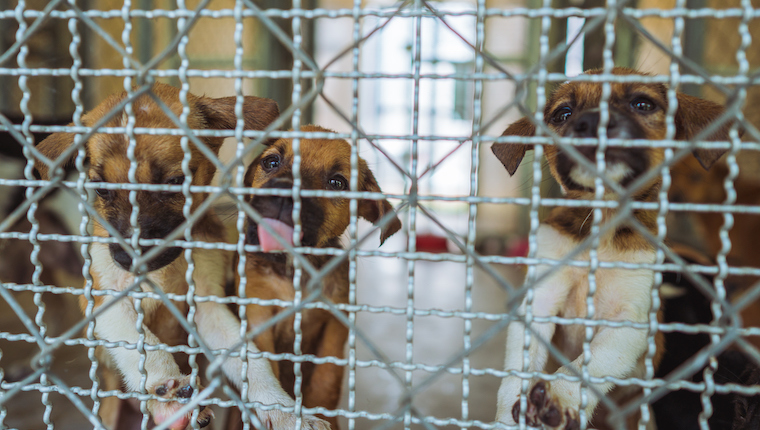After years of deliberation, New York State has taken a significant step toward eliminating puppy mills and protecting animal welfare. In June, the New York State Legislature passed a bill to ban retail sales of dogs, cats, and rabbits in pet stores statewide. Supporters are now waiting for Governor Kathy Hochul to sign it into law.
Why Pet Stores Can Be Bad for Animals
The bill, known as the Puppy Mill Pipeline Bill, received bipartisan support. If Governor Hochul signs off, New York will join the likes of other states with similar laws. The legislation aims to shut the pipeline between puppy mills and the state’s dozens of pet stores.
The federal government regulates and licenses most commercial breeders, and many retailers claim their pets are ethically sourced and well cared for. However, animal rights advocates, including the American Society for the Prevention of Cruelty to Animals® (ASPCA®), Humane Society of the United States (HSUS), and New York State Animal Protection Federation (NYSAPF) have long argued commercial breeding is detrimental to animal welfare. Advocates say rules are insufficient and rarely enforced. And with little oversight or consequences, many breeders raise animals in inhumane conditions. As a result, animals in shops are often unwell.
Bill Has Potential To Help Pups Nationwide
Commercial breeding also puts more strain on shelters. The bill permits people to buy directly from breeders. Nonetheless, advocates hope curtailing such practices will increase prospective pet parents’ likelihood to adopt, not shop.
“We know what it looks like when animals don’t get that care, and certainly, from photos and documentation of what these facilities look like, that is not happening,” Jennie Lintz, the puppy mill initiatives director at the American Society for the Prevention of Cruelty to Animals, told The New York Times. “New York remains one of the largest markets for these commercial facilities, so the bill could have not just an impact here, but across the country.”
Governor Hochul has not publicly commented on the bill but said her office is reviewing the legislation. The governor must either sign or veto it before the end of the year.








